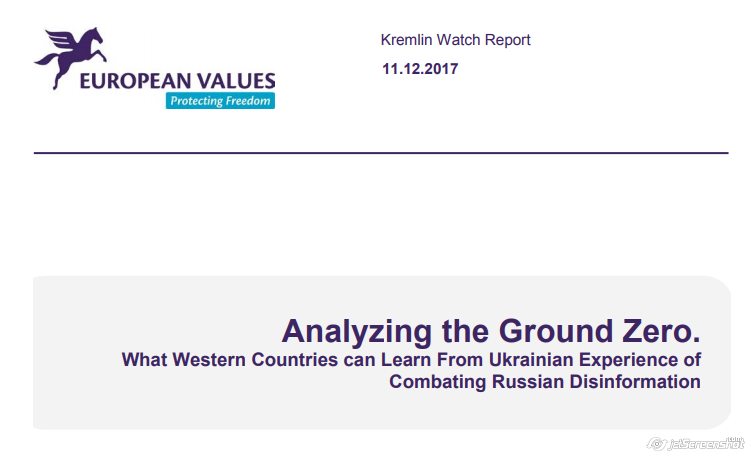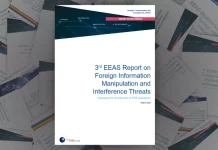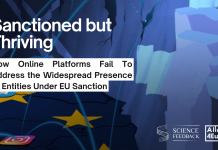A new Kremlin Watch Report by Kateryna Kruk, our Special Fellow, which analyses different ways in which Ukraine tried to combat Russian information attacks, covering the period from the annexation of Crimea until the end of 2017. Access it in PDF.
The following are the main lessons learnt from Ukrainian experience in fighting Russian disinformation:
- Russian disinformation activities should be considered as a threat to the national security and the means of fighting them should be codified in the national security documents.
- When creating a new structure to address information security, it is important to have sufficient political will and consensus between the leading political actors to ensure that it receives enough staff, budgetary allowances, and proper division of labour with existing institutions.
- Coordination of efforts between state institutions, as well between state and civil society is the key to successful fight with disinformation.
- Limiting access to online portals that share disinformation and propaganda, as well as harvest users’ personal data, is an effective measure to offset the capabilities of Russian disinformation campaigns to manipulate public opinion with target audiences.
- In countries where television is a primary source of information, banning TV channels that spread propaganda and disinformation is an effective measure to decrease public exposure to manipulation attempts.
- It is important for governments to communicate well not only with their own citizens but with foreign partners as well, especially when it comes to decisions that have potential international repercussions.
- NGOs are more rapid in their reaction, have more flexibility in their budget and have higher creative potential, thus delegating tasks to such organizations, or at least leading close state-NGO cooperation is an important means of counter-propaganda strategy.
- Preventing is always better than reacting, therefore conducting targeted information campaigns is highly recommended.
- Review existing legislature and analyse the legal framework for countering disinformation and propaganda.
- There should be various programs for increasing media literacy and experience sharing about countering disinformation available to journalists, civil servants, and individuals. Moreover, state should provide sufficient financial support for those initiatives.





